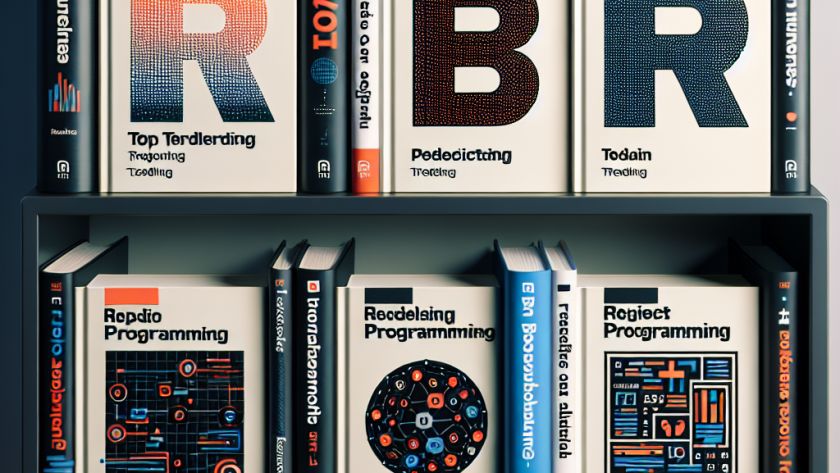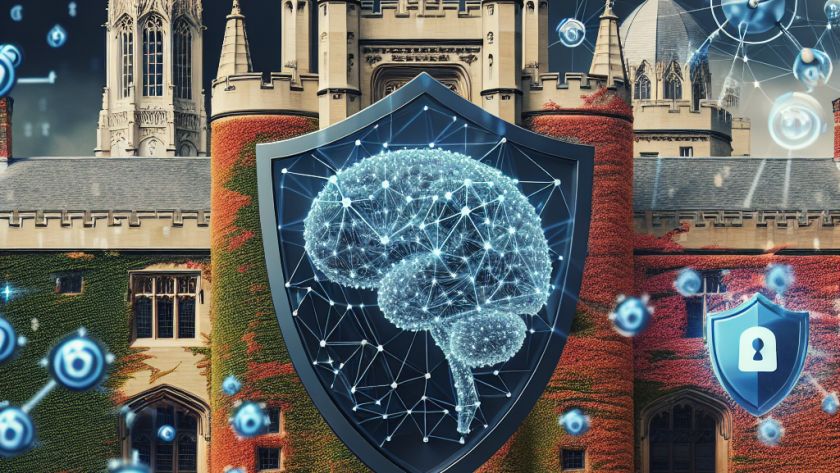



Deploying machine learning models efficiently is necessary for numerous applications. However, traditional frameworks like PyTorch have their share of problems, including their size, slow instance creation on a cluster, and reliance on Python that can result in performance challenges. There's a clear need for a minimalistic and efficient solution. Despite the existence of alternative solutions…


Researchers from the City University of Hong Kong and Huawei Noah's Ark Lab have developed an innovative recommender system that takes advantage of Large Language Models (LLMs) like ChatGPT and Claude. The model, dubbed UniLLMRec, leverages the inherent zero-shot learning capabilities of LLMs, eliminating the need for traditional training and fine-tuning. Consequently, it offers an…

Within the field of Natural Language Processing (NLP), resolving references is a critical challenge. It involves identifying the context of specific words or phrases, pivotal to both understanding and successfully managing diverse forms of context. These can range from previous dialogue turns in conversation to non-conversational elements such as user screen entities or background processes.
Existing…

The need for speed and precision in today's digitally-fueled arena is ever-increasing, making it a challenge for search engines to meet these expectations. Traditional retrieval models present a trade-off between speed, accuracy, and computational cost. To address this, researchers from the University of Glasgow have offered a creative solution known as shallow Cross-Encoders. These small…

Artificial Intelligence (AI) continues to develop models to generate code accurately and efficiently, automating software development tasks and aiding programmers. The challenge, however, is that many of these models are large and require extensive resources, which makes them difficult to deploy in practical situations. One such robust, large-scale model is Jamba, a generative text model…

Large Language Models (LLMs) are widely used in complex reasoning tasks across various fields. But, their construction and optimization demand considerable computational power, particularly when pretraining on large datasets. To mitigate this, researchers have proposed scaling equations showing the relationship between pretraining loss and computational effort.
However, new findings suggest these rules may not thoroughly represent…

Large Language Models (LLMs) require safety tuning to ensure alignment with human values. However, even those tuned for safety are susceptible to jailbreaking—errant behavior that escapes designed safety measures. Even benign data, free of harmful content, can lead to safety degradation, an issue recently studied by researchers from Princeton University's Princeton Language and Intelligence (PLI).
The…

The fast-paced evolution of artificial intelligence, particularly Vision Language Models (VLMs), presents challenges in ensuring their reliability and trustworthiness. These VLMs integrate visual and textual understanding, however, their increasing sophistication has brought into focus their ability to detect and not respond to unsolvable or irrelevant questions— an aspect known as Unsolvable Problem Detection (UPD).
UPD…

Artificial intelligence (AI) continues to revolutionize various industries, and OctoAI Inc.'s introduction of OctoStack, a software platform, takes a giant leap forward. OctoStack is designed to empower AI inference environments within businesses, addressing key apprehensions about data privacy, security, and control by allowing businesses to host AI models on their in-house infrastructure.
Previously, large language models…
